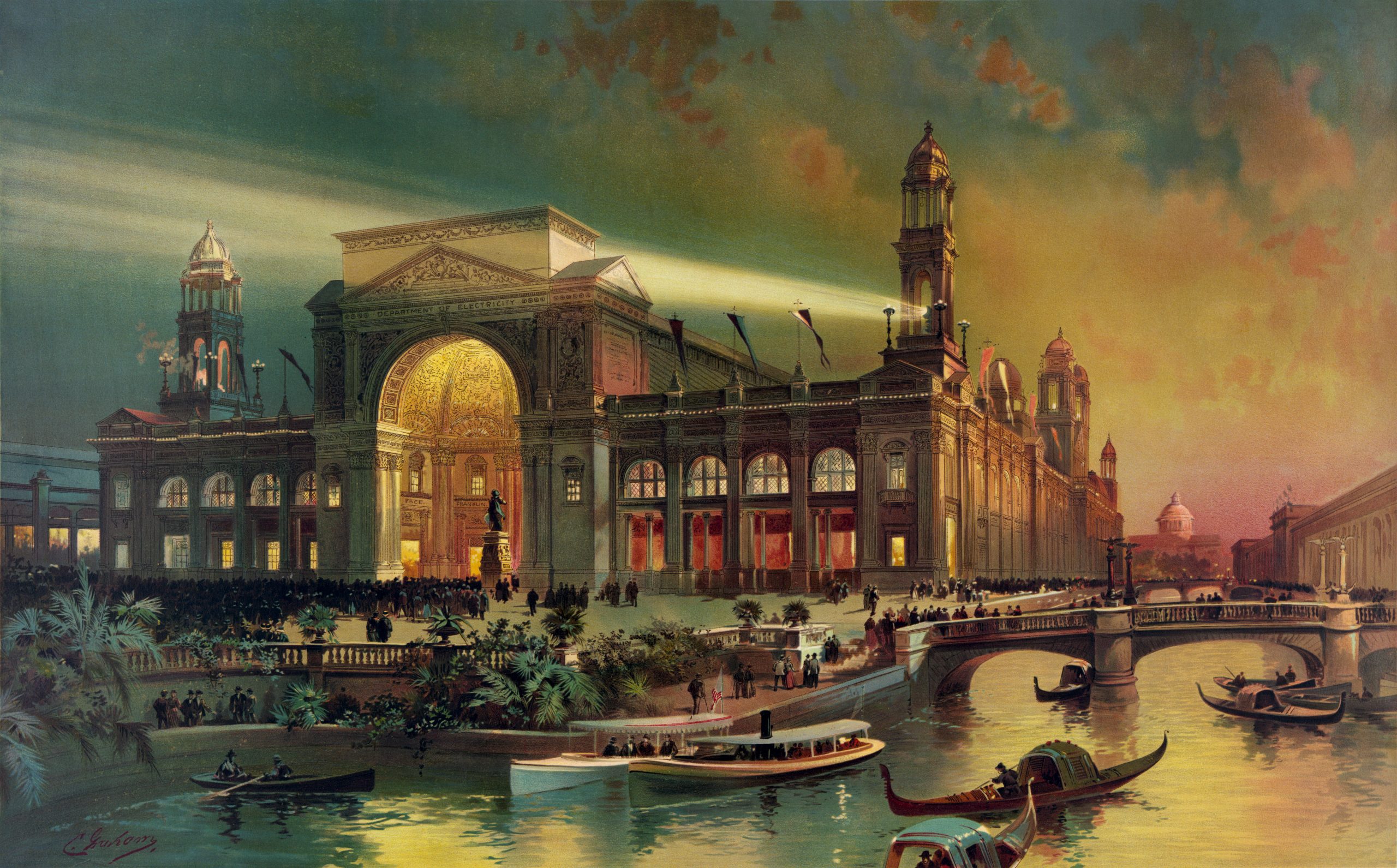International Building Code Chapter 2: Definitions
International Electrotechnical Commission: Electropedia
Because electrotechnology changes continually, definitions (vocabulary) in its best practice literature changes continually; not unlike any language on earth that adapts to the moment and place.
The changes reflect changes in technology or changes in how the technology works in practice; even how the manufacturers create adaptations to field conditions by combining functions. Any smart electrical component has a digital language embedded in it, for example.
Consider the 2023 National Electrical Code. Apart from many others the NEC will contain a major change to Article 100 (Definitions); the subject of elevated debate over the past three years.
When we refer “language” we must distinguish between formal language, informal language, colloquial language and dialect which may differ the language spoken, language written at the office and language used on the job site. “Terms of art”
2026 National Electrical Code | CMP-1 Second Draft Report
FREE ACCESS: 2020 National Electrical Code (NFPA 70)
2023 NEC Public Input Report CMP-1 (868 pages)
2023 NEC Second Draft Public Comment Report (914 pages)
Are these terms (or, “terms of art”) best understood in context (upstream articles in Chapters 4 through 8) — or should they be adjudicated by the 14 Principals of Code Making Panel 1? The answer will arrive in the fullness of time. Many changes to the National Electrical Code require more than one cycle to stabilize.
Code Making Panel 1 has always been the heaviest of all NEC panels. As explained n our ABOUT, the University of Michigan held a vote in CMP-1 for 20+ years (11 revision cycles) before moving to the healthcare facilities committee for the IEEE Education & Healthcare Facilities Committee. Standards Michigan continues its involvement on behalf of the US education facility industry — the second largest building construction market. There is no other pure user-interest voice on any technical committee; although in some cases consulting companies are retained for special purposes.
To serve the purpose of making NFPA 70 more “useable” we respect the Standards Council decision to make this change if it contributes to the viability of the NFPA business model. We get to say this because no other trade association comes close to having as enduring and as strong a voice: NFPA stands above all other US-based SDO’s in fairness and consideration of its constituency. The electrical safety community in the United States is a mighty tough crowd.
If the change does not work, or work well enough, nothing should prohibit reversing the trend toward “re-centralizing” — or “de-centralizing” the definitions.
Public comment on the First Draft of the 2026 Edition will be received until August 28, 2024.
Technical Committees meet during the last half of October to respond to public comment on the First Draft of the 2026 National Electrical Code.














